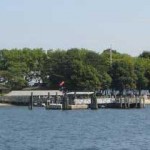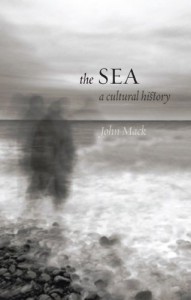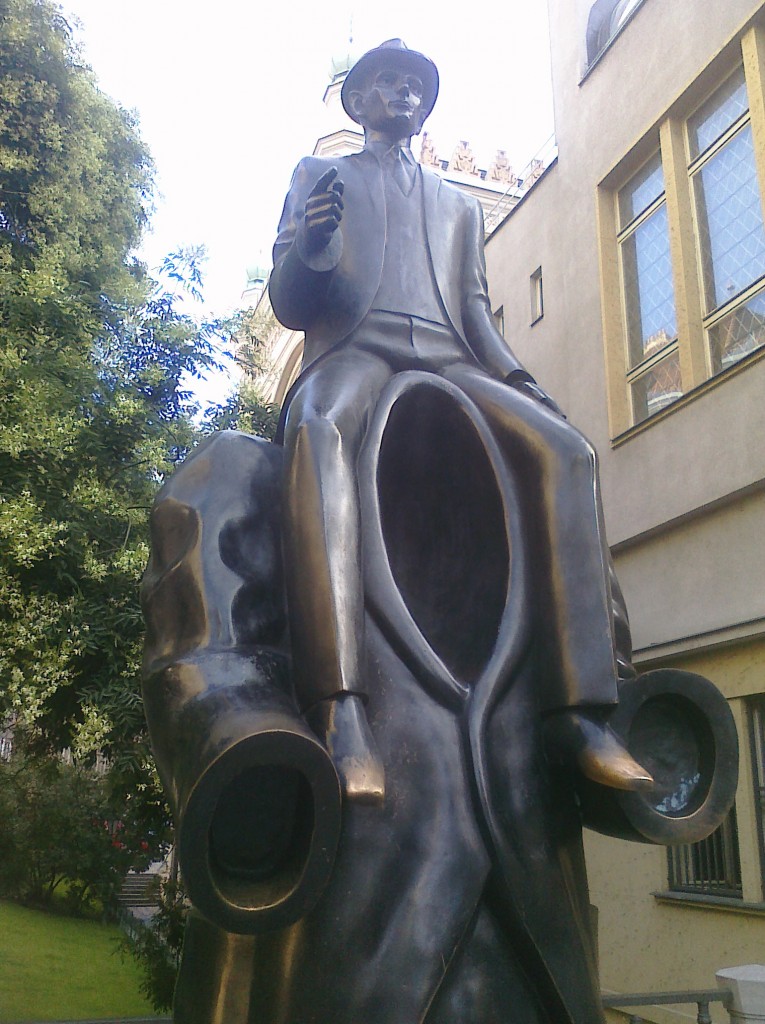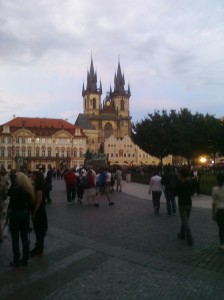 I’ve been through this one before. Blue ecocrit positions itself against green visions of pastoral stasis. Instead it writes a surging, unstable, chaotic version of nature, a way of being in the world that isn’t quite sure it can really manage to be in this salty world. Or, in the 5-point play with which I concluded At the Bottom of Shakespeare’s Ocean —
I’ve been through this one before. Blue ecocrit positions itself against green visions of pastoral stasis. Instead it writes a surging, unstable, chaotic version of nature, a way of being in the world that isn’t quite sure it can really manage to be in this salty world. Or, in the 5-point play with which I concluded At the Bottom of Shakespeare’s Ocean —
This World in Not Our Home.
Ecology Won’t Keep Us Dry
The Ocean Rules the Weather.
Our Only Inexhaustable Resource in Langauge.
Shakespeare Isn’t Dead. He Isn’t Even Past.
The turn in the last two of those points toward a literary recovery, or an understanding through Shakespeare, flow from my sense, or my hope, that literary culture’s ability to make sense of radical change, to make us love change, crave it, and sometimes even survive it, makes a literary blue ecology possible.
I’m reading a book on water policy right now, The Big Thirst, that might have some things to add to this as well. The earth’s water, itself unliving but essential for all life, represents a closed system; every drop of water on earth has been here for millions of years. That’s true of organic matter too, of course, but unlike carbon compounds, water just doesn’t change that much: fresh to salt, ice to mist, dirty to clean it’s almost always available, or almost available, to us. More to come on this…








